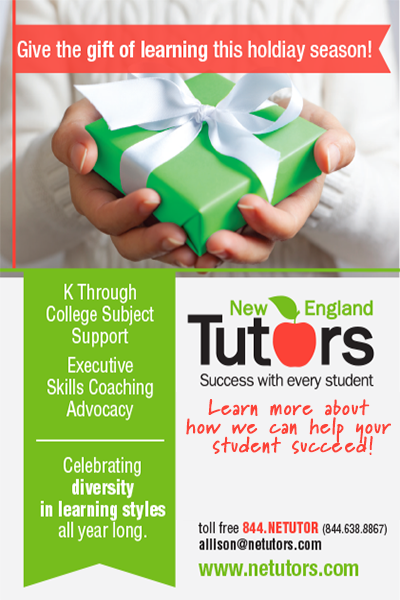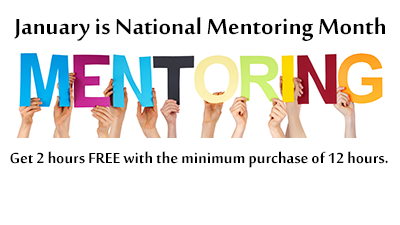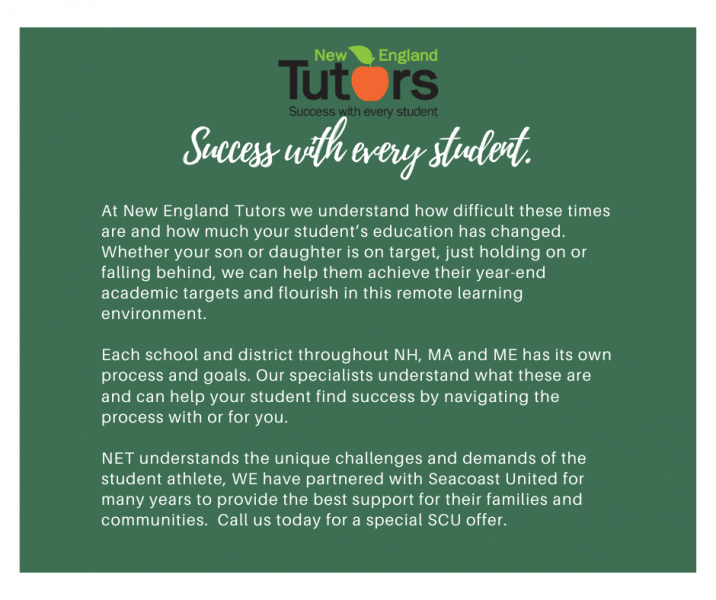 If you live near a high school, you’ve probably already heard the marching bands practicing, the skirmishes in football, and maybe even the activities on the soccer and lacrosse fields. School is open, the teams are working and the spirit is soaring.
If you live near a high school, you’ve probably already heard the marching bands practicing, the skirmishes in football, and maybe even the activities on the soccer and lacrosse fields. School is open, the teams are working and the spirit is soaring.
But what about those kids who are faltering? Those who are finding it hard to stay on the team, or keep to their academics because of the athletic schedule, or just finding the time and energy to do it all? And then we have the parents who must be the home academic deans and athletic directors for their own kids.
As in many facets of American life, everybody is doing everything and juggling too many balls. So some people are protesting in print and in PTA meetings by saying, for just one example, that athletics takes away from academics. In fact, the late sociologist James Coleman wrote that schools should get rid of sports and focus on scholastic academic contests. Others have piled on this bandwagon too.
All of which has led to several studies that show exactly the opposite: athletes are more likely to finish high school, and with higher grades, than non-athletes. 1
So as parents, let’s put aside studies and research and just ask ourselves: “Is it worth it? Can we keep it up?” My unequivocal answer, as a mother and as a director of New England Tutors, is YES. There is overwhelming anecdotal evidence we hear regularly from our parents and students that sports is an essential part of a well-rounded, and successful educational experience. Couple that with the studies like the one cited above, and our hectic taxiing, hurried meal preparation, and harrowing discussions with sometimes reluctant children are all worth it in the long run for the academic and physical well-being of these children.
Not to be too esoteric, but the phrase “mens sana in corpore sano” “a healthy mind in a healthy body” has been around a long time. I’m sure we’ve all heard it. But it’s absolutely true, as any teacher, guidance counselor, doctor, and coach can tell you.
But again, what about the kids who are faltering? Rather than let them give up athletics to work on their grades, it’s really best if we get them to stick with the whole program.
 Now I don’t usually make this blog into a commercial for New England Tutors, but this is where we excel: supporting the academic side so the athletic side can take its place. We have a long list of students whom we have helped with exactly this issue. But we also work with our clients on customized scheduling, focused subject help, specialists for those with LD, and a variety of other special circumstances.
Now I don’t usually make this blog into a commercial for New England Tutors, but this is where we excel: supporting the academic side so the athletic side can take its place. We have a long list of students whom we have helped with exactly this issue. But we also work with our clients on customized scheduling, focused subject help, specialists for those with LD, and a variety of other special circumstances.
And we also know that coaches and teachers are appreciative of the support we give students. We hear the phrase “win/win” a lot!
Our goal is recognizing, and helping parents and students to recognize, that athletics are great in balance and have lifelong benefits for our children. NET can help support the academic piece should you need it.
1 Lumpkin, A., & Favor, J. (2012) Comparing the academic performance of high school athletes and non-athletes in Kansas in 2008-2009. Journal of Sport Administration & Supervision 4(1), 41-62. Published online May, 2012. (http://quod.lib.umich.edu/j/jsas/6776111.0004.108/–comparing-the-academic-performance-of-high-school-athletes?rgn=main;view=fulltext)
“Anne Arundel Youth Football semifinals” by Ft. Meade is licensed under CC BY 2.0
“Ateneo Sports – Soccer Boys“ by Jeff Pioquinto, SJ is licensed under CC BY 2.0











